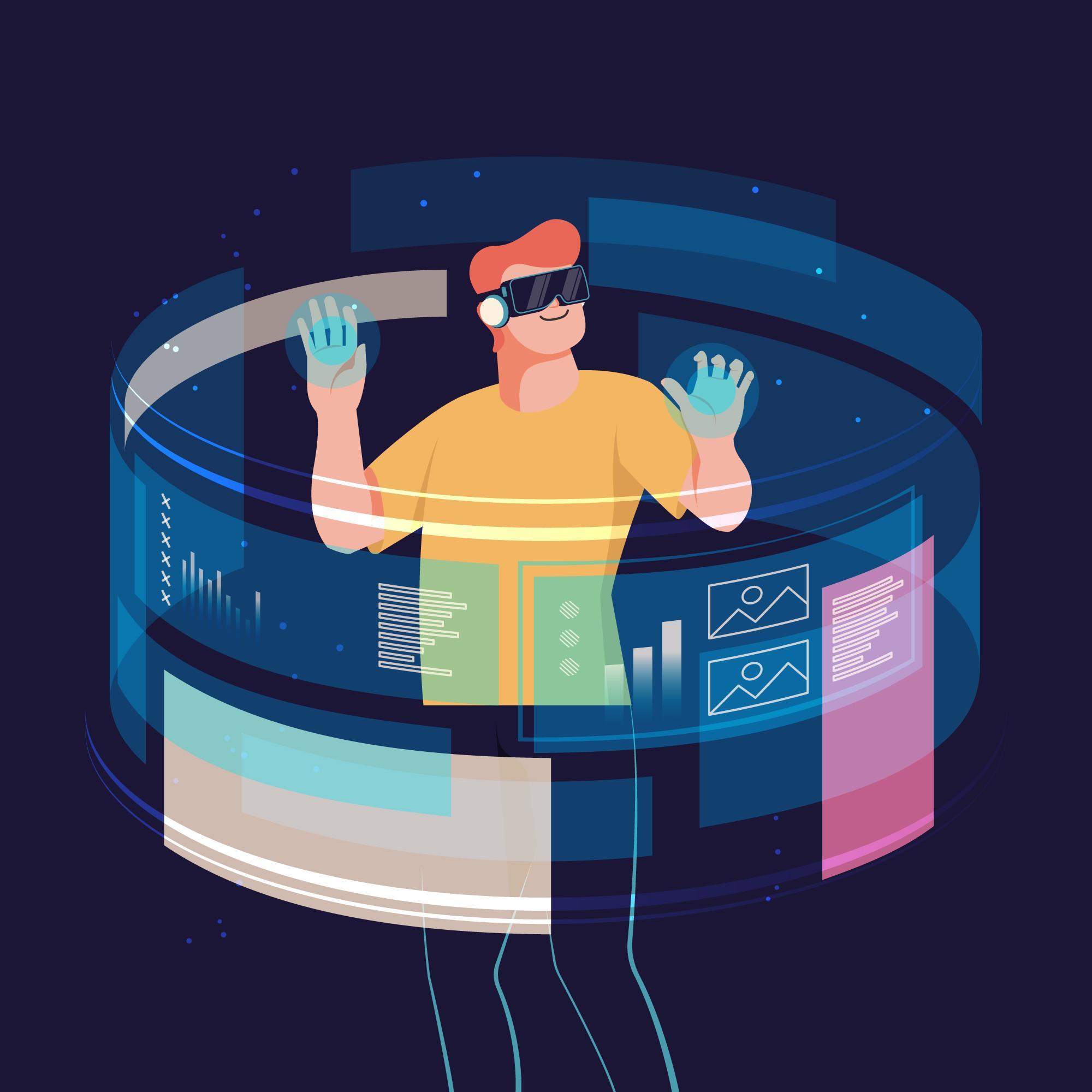As blockchain technology continues to reshape industries, smart contracts have become the foundation for automating trust, removing intermediaries, and accelerating digital transformation. From decentralized finance (DeFi) platforms to non-fungible token (NFT) marketplaces, smart contracts are revolutionizing how agreements are created and enforced in a transparent, tamper-proof manner.
In this blog, we explore the significance of smart contract development, its key applications, and how leading blockchain companies are leveraging it to create the future of decentralized systems.
What is Smart Contract Development?
Smart contract development involves writing self-executing code deployed on a blockchain, typically using languages like Solidity (for Ethereum) or Rust (for Solana). These contracts automatically execute and enforce terms based on predefined conditions, without the need for third parties.
Core Benefits:
-
Automation: Reduces human intervention and manual errors.
-
Transparency: All transactions are visible and verifiable on the blockchain.
-
Security: Immutability ensures tamper-proof execution.
-
Efficiency: Speeds up business processes and reduces costs.
Use Cases of Smart Contract Development
1. DeFi Smart Contract Development
DeFi Smart Contract Development is the backbone of decentralized financial applications. These smart contracts enable permissionless lending, borrowing, staking, yield farming, and token swaps. Key components include:
-
Liquidity pool management
-
Interest rate algorithms
-
Governance mechanisms
-
Smart auditing and security checks
DeFi platforms like Uniswap, Compound, and Aave are all powered by complex smart contract systems that remove intermediaries and provide global financial access.
2. NFT Smart Contract Development
In the realm of digital collectibles and virtual assets, NFT Smart Contract Development ensures uniqueness, ownership, and provenance. Smart contracts in NFT marketplaces handle:
-
Minting and burning of NFTs
-
Royalty distributions
-
Ownership transfers
-
Metadata storage and retrieval
ERC-721 and ERC-1155 are common Ethereum standards for NFT smart contracts, but other blockchains like Flow, Polygon, and Solana offer their own implementations.
3. Other Applications
Beyond DeFi and NFTs, smart contracts are transforming sectors such as:
-
Supply chain management
-
Healthcare data exchange
-
Real estate tokenization
-
Gaming economies
-
Voting systems
Why Work with Professional Blockchain Companies?
Developing secure and scalable smart contracts requires more than just coding skills—it demands deep blockchain expertise and rigorous security auditing. Leading blockchain companies offer:
-
End-to-end smart contract development
-
Customized blockchain solutions
-
Compliance with token and contract standards
-
Comprehensive testing and bug fixing
-
Ongoing maintenance and upgrades
Whether you’re launching a DeFi protocol, NFT marketplace, or an enterprise-grade dApp, choosing the right development partner is critical to success.
Final Thoughts
Smart contract development is the cornerstone of Web3 innovation. Whether you’re building a decentralized exchange, an NFT ecosystem, or a secure supply chain platform, smart contracts can drive automation, efficiency, and trust at scale.
Looking to bring your idea to life? Choose a reliable partner experienced in DeFi smart contract development, NFT smart contract development, and full-stack blockchain engineering.
